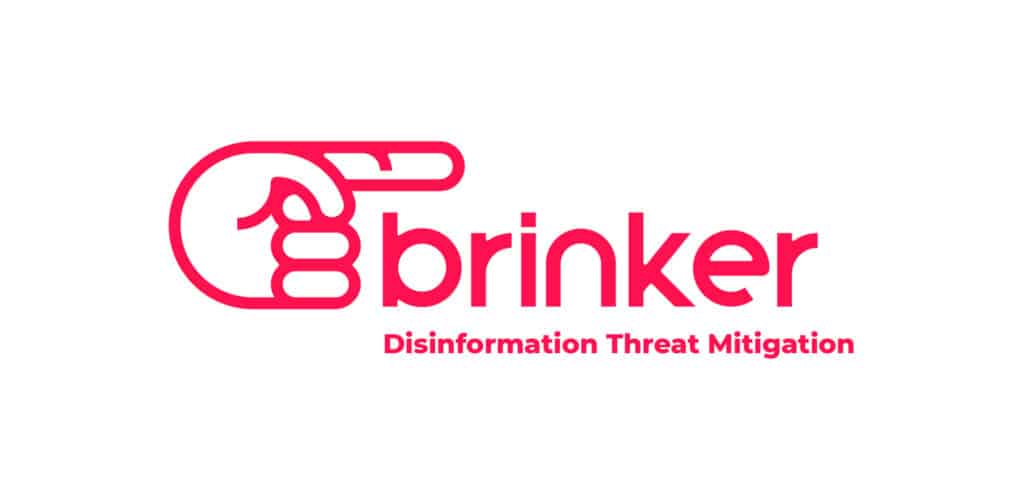A report released this week from Germany’s Federal Office for Information Security said that a German steel manufacturing plant was severely damaged by a cyber-physical attack this year. The incident was mentioned in an annual report by the Bundesamt für Sicherheit in der Informationstechnik (or BSI), which provided a summary of cyber security issues and incidents affecting Germany. According to the report, a German steel manufacturing facility was the victim of a “targeted attack” that the report labeled an “APT” or “advanced persistent threat” style attack. [Read more Security Ledger coverage of APT-style attacks.] The attackers used a sophisticated spear-phishing e-mail and social engineering to get access to the office network at the steelworks, the report claims. “From there, they worked successively to production networks.” The malicious code disrupted the function of control system components that led to a blast furnace not being able to be turned off in a regulated fashion. “The result (was) massive damage […]
Tag: hardware
Security Ledger Talks Car Hacking on NPR’s AirTalk
Just a note to our readers that you can listen to a great conversation on hacking automobiles on Airtalk, a National Public Radio call-in talk show that airs on WPCC, Pasadena, California. Interestingly: the other expert guest on the show was none other than Chris Valasek of IOActive, one of the most recognized researchers on security vulnerabilities in modern automobiles. [Read more Security Ledger coverage of Chris Valasek’s research here.] Chris and I spoke with host Larry Mantle about the current state of affairs with regard to car hacking: what is possible (theoretically), what is practical and what are car makers doing about it. Check out our conversation via KPCC’s web site: The next frontier for computer hackers: Your car | AirTalk | 89.3 KPCC.
Opinion: Toppling the IoT’s Tower of Babel
The five most feared words in the IT support person’s vocabulary are “This. Page. Can’t. Be. Displayed.” And yet, the growth of Service Oriented Architecture (SOA) based enterprises in the past eight years means that these dreaded words show up more and more, as services from different developers and vendors are consumed by larger, up stream platforms and and integrated to provide new capabilities. In this kind of environment, “This Page Can’t Be Displayed” is a cry for help: the first indication of a problem. For enterprise support personnel, that message is often the first step in a long journey complete with Sherlock Holmes-style sleuthing to try to find which service along an orchestrated chain is the bad actor. And, unfortunately, when an application is being attacked or gets hacked, support personnel may not even have an error message to go on. In both cases, the major roadblock for support and incident response staff is that application developers or development […]
A BlackBerry of Smart Glasses? Lenovo Courts Enterprise Wearables Market
The blog TechBitzz has an interesting write-up from Wednesday on electronics giant Lenovo’s partnership with a 35 person New York City based start-up, Vuzix to create an enterprise-ready equivalent to Google Glass. Vuzix was known as a maker of mounted video eyewear and launched its own smart glasses in December 2013. Earlier in 2014, the two companies struck a deal to have Lenovo sell Vuzix’s M100 as a co-brand. The glasses will run Google’s Android operating system – nothing new there. But what is different is Lenovo and Vuzix’ plans for marketing the device. Rather than target the (small) fan boy and early adopter consumer market, the two companies are focusing on business customers as a natural home for connected wearables like ‘smart’ glasses. Read more Security Ledger coverage of wearables here. Lenovo, it seems, is taking a decidedly less utopian view of wearables – seeing them as a natural replacement for its bulky laptops, […]
Uncle Sam Taking a Back Seat in Cyber Defense | Bloomberg
Bloomberg has a story on the collaborative, private sector effort to thwart an industrial hacking campaign linked to Chinese intelligence. The effort, which involved firms like FireEye and iSight Partners “demonstrates for the first time a private-sector model that they believe can move faster than investigations by law enforcement agencies,” the report said. From the article: The take-down largely bypassed traditional law enforcement tools, relying instead on cooperation between companies that are normally fierce competitors. Coalition members — which include Microsoft Corp., Cisco Inc. and Symantec Corp. — say they can act faster than governments because they operate global Internet systems and have business relationships with tens of thousands of companies. Read more via China-Linked Hacking Foiled by Private-Sector Sleuthing – Businessweek.






